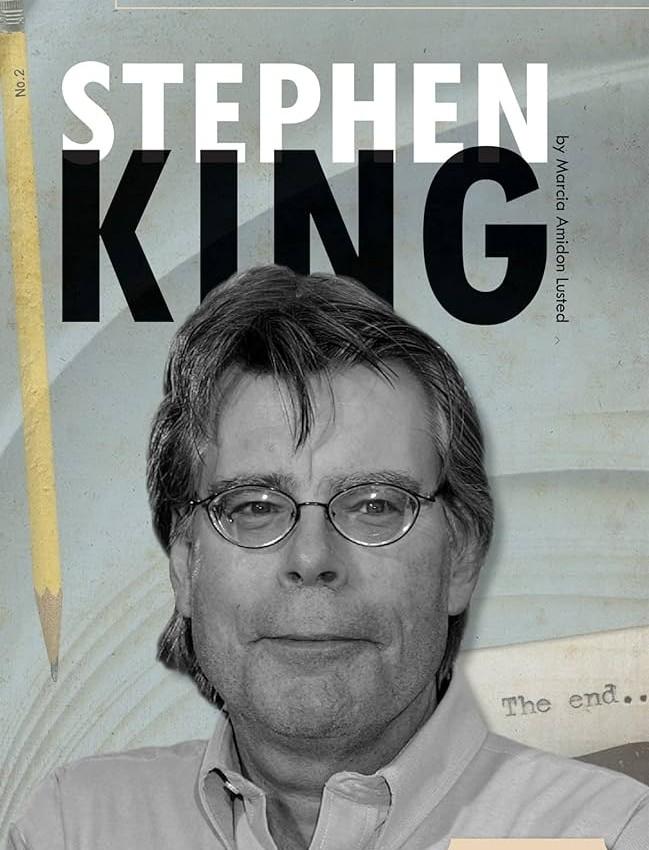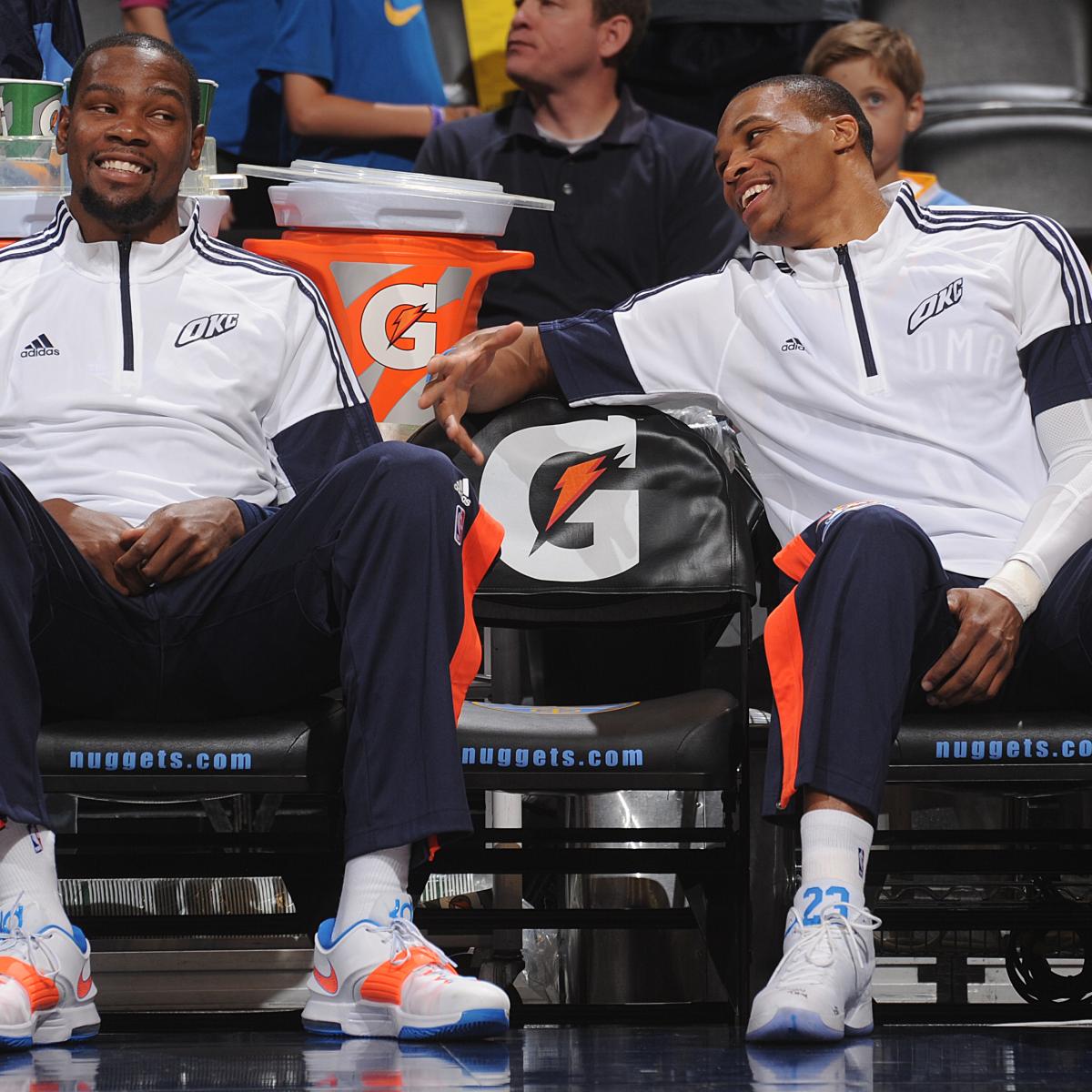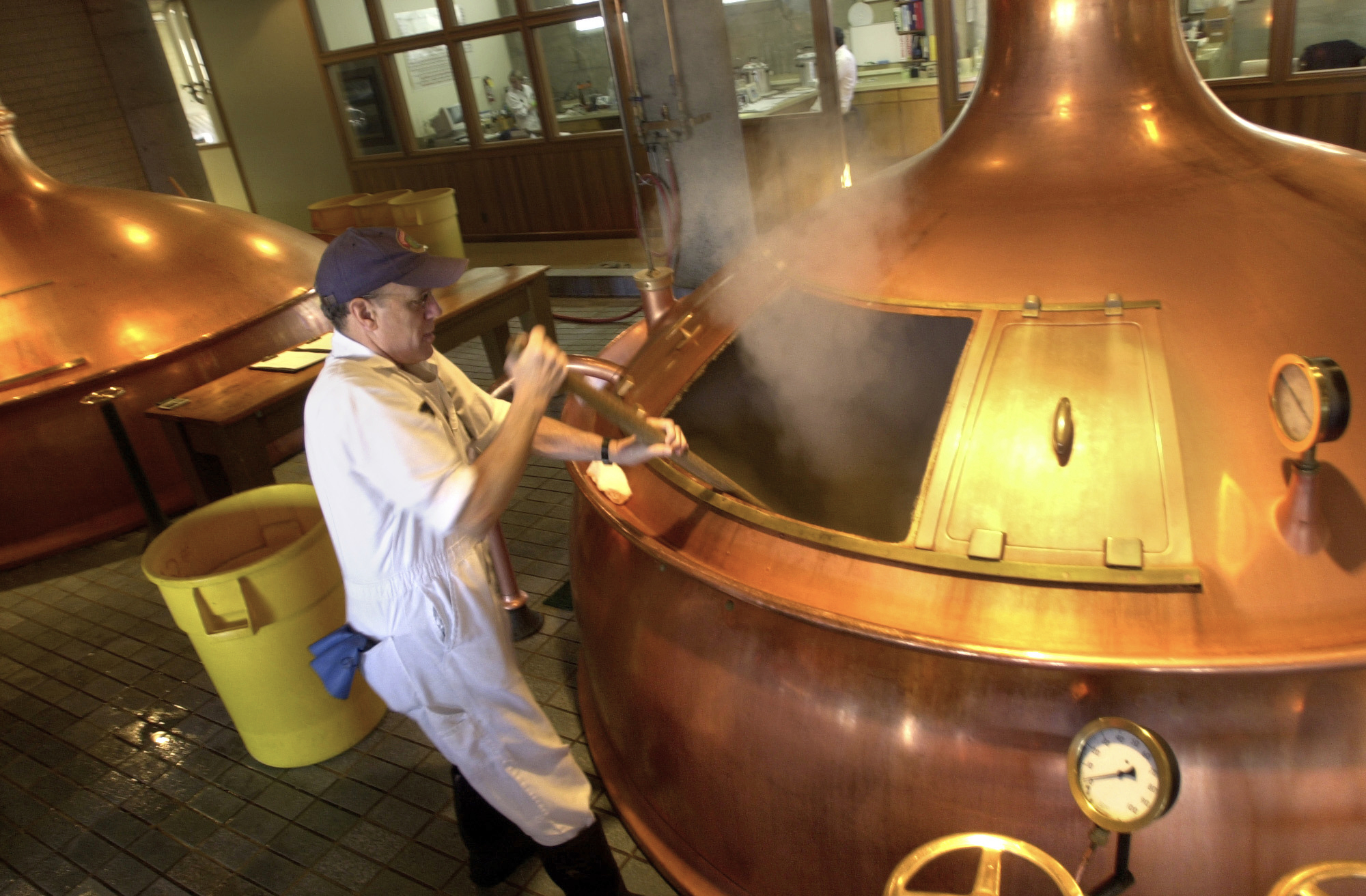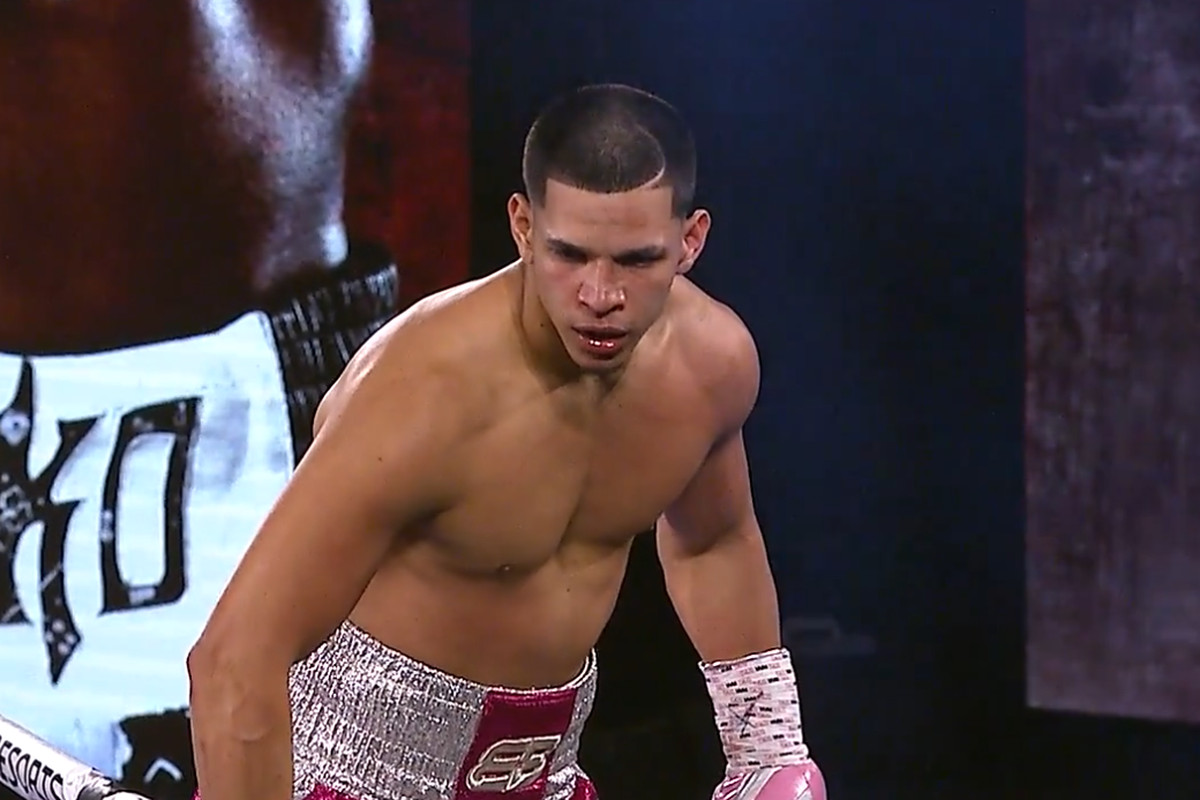Can A Horror Reboot Topple A New Stephen King Movie? A Comparative Analysis.

Table of Contents
The Reign of Stephen King: Box Office Performance and Critical Acclaim
Stephen King's enduring popularity translates into consistent box office draws and often strong critical reception for film adaptations of his work. Let's analyze the success (or lack thereof) of recent King adaptations:
Analyzing the Success of Recent King Adaptations
- It (2017) and It: Chapter Two (2019): These films were massive box office successes, grossing over $700 million and $473 million worldwide respectively, and received generally positive reviews, scoring high on Rotten Tomatoes and Metacritic. Their success stems from effective nostalgia marketing, a compelling story, and strong performances from the cast.
- Doctor Sleep (2019): While visually stunning and faithful to the source material, Doctor Sleep underperformed at the box office compared to It, possibly due to less widespread familiarity with the source novel and less impactful marketing. Critical reception was mixed.
- The Outsider (2020): This HBO miniseries, though not a theatrical release, demonstrates the continued appeal of King's work in the streaming era. It garnered positive reviews for its atmosphere and acting.
The reasons for success or failure often boil down to factors beyond the source material itself; effective marketing, strong casting choices, and a compelling cinematic adaptation significantly influence a film’s box office performance and critical response.
The Stephen King Brand: A Built-in Audience
The power of the Stephen King brand cannot be overstated. Decades of captivating storytelling have cultivated a fiercely loyal fanbase, ensuring a built-in audience for any new adaptation.
- Pre-existing Fanbase: King's massive readership translates directly into box office potential. Fans eagerly anticipate adaptations, often driving opening weekend numbers.
- Nostalgia Marketing: Marketing campaigns effectively leverage nostalgia, tapping into the readers' cherished memories of the books.
- Brand Recognition: The Stephen King name itself is a powerful marketing tool, instantly recognizable and associated with quality horror.
The Horror Reboot Phenomenon: Risks and Rewards
Horror reboots are a high-stakes gamble, requiring careful consideration of the original's strengths and weaknesses.
Successful Horror Reboots
Some reboots have masterfully revitalized classic horror franchises:
- Halloween (2018): This reboot cleverly ignored the sequels, focusing on a direct sequel to the original, revitalizing Michael Myers's terrifying presence and appealing to both old and new audiences. It was a massive box office hit and received positive reviews for its effective scares and thrilling suspense.
- Scream (2022): This meta-horror sequel successfully updated the franchise for a new generation, addressing modern trends in social media and horror culture, while still honoring the original film's self-aware wit. It also garnered positive reviews and box office success.
These successes highlight the importance of respecting the source material while offering a fresh perspective, incorporating modern horror tropes, and employing effective marketing strategies.
Failed Horror Reboots
Not all attempts at rebooting horror franchises are successful:
- Poltergeist (2015): This reboot suffered from weak writing, uninspired scares, and a disconnect from the original's emotional core, leading to poor critical reception and box office disappointment.
- A Nightmare on Elm Street (2010): Poor casting choices, a watered-down script, and a lack of understanding of Freddy Krueger’s unique appeal contributed to this reboot's failure.
These examples highlight that simply reviving a familiar title isn't enough; a well-executed script, strong performances, and a true understanding of the original's appeal are essential.
A Direct Comparison: Reboot vs. King Adaptation
Now, let's directly compare the performance of horror reboots and new Stephen King adaptations.
Comparing Box Office Potential
Analyzing box office data from various sources reveals that, generally, Stephen King adaptations have a higher average box office gross than horror reboots. However, successful horror reboots can still achieve significant financial success. A visual representation (chart/graph) would effectively highlight this comparison.
Assessing Critical Reception
A similar analysis using Rotten Tomatoes and Metacritic scores reveals that, on average, Stephen King adaptations tend to achieve slightly higher critical scores than horror reboots. However, both categories see a wide range of critical reception, dependent on the quality of the individual film.
Factors Affecting Success: Beyond the Genre
Beyond the specific genre, several factors play a critical role in the success of any horror film:
Marketing and Promotion
Effective marketing is crucial for both reboots and King adaptations:
- Targeted Campaigns: Specific marketing campaigns tailored to the target audience are vital. Social media engagement is especially important for reaching younger audiences.
- Building Hype: Generating excitement and anticipation before the release significantly boosts box office potential.
- Effective Trailers: A compelling trailer sets the tone and grabs the audience’s attention.
Directorial Vision and Screenwriting
The director's vision and the quality of the screenplay are paramount:
- Strong Directing: A skilled director can elevate even a mediocre script, creating suspense and atmosphere.
- Compelling Screenwriting: A well-written script is the backbone of any successful horror film, ensuring a compelling narrative and memorable characters.
- Faithful Adaptation (for King films): For King adaptations, remaining faithful to the source material while translating it effectively to the screen is crucial for pleasing the built-in fanbase.
Conclusion
So, can a horror reboot topple a new Stephen King movie? Based on the data and analysis presented, it's less a question of "can it" and more a question of "how often does it." While Stephen King adaptations generally have a higher baseline success rate due to his built-in fanbase, successful horror reboots can certainly compete, particularly if executed with skill, vision, and a strong marketing campaign. The success of both ultimately hinges on a compelling story, strong performances, and effective execution. Which upcoming horror reboot or Stephen King movie are you most anticipating? Share your thoughts on the future of horror reboots versus Stephen King adaptations in the comments below! Let's discuss the potential box office success of horror movie reboots and Stephen King adaptations.

Featured Posts
-
 Jail Sentences For Cult Members Child Gambling Case
May 05, 2025
Jail Sentences For Cult Members Child Gambling Case
May 05, 2025 -
 Denvers Star Player Injured Playing Okc Thunder
May 05, 2025
Denvers Star Player Injured Playing Okc Thunder
May 05, 2025 -
 Emma Stooyn Pithani Symmetoxi Sto Rimeik Tis Body Heat
May 05, 2025
Emma Stooyn Pithani Symmetoxi Sto Rimeik Tis Body Heat
May 05, 2025 -
 Anchor Brewing Companys Closure Reflecting On 127 Years Of Influence
May 05, 2025
Anchor Brewing Companys Closure Reflecting On 127 Years Of Influence
May 05, 2025 -
 Unlocking Canadas Potential Gary Mars Perspective On The Wests Crucial Role
May 05, 2025
Unlocking Canadas Potential Gary Mars Perspective On The Wests Crucial Role
May 05, 2025
Latest Posts
-
 Okc Thunder Game Leaves Nuggets Star Sidelined With Injury
May 05, 2025
Okc Thunder Game Leaves Nuggets Star Sidelined With Injury
May 05, 2025 -
 Nuggets Vs Okc Star Players Injury Casts Shadow On Game
May 05, 2025
Nuggets Vs Okc Star Players Injury Casts Shadow On Game
May 05, 2025 -
 Denvers Star Player Injured Playing Okc Thunder
May 05, 2025
Denvers Star Player Injured Playing Okc Thunder
May 05, 2025 -
 Edgar Berlangas Reluctant Knockout
May 05, 2025
Edgar Berlangas Reluctant Knockout
May 05, 2025 -
 Nuggets Front Office Responds To Westbrook Controversy
May 05, 2025
Nuggets Front Office Responds To Westbrook Controversy
May 05, 2025
